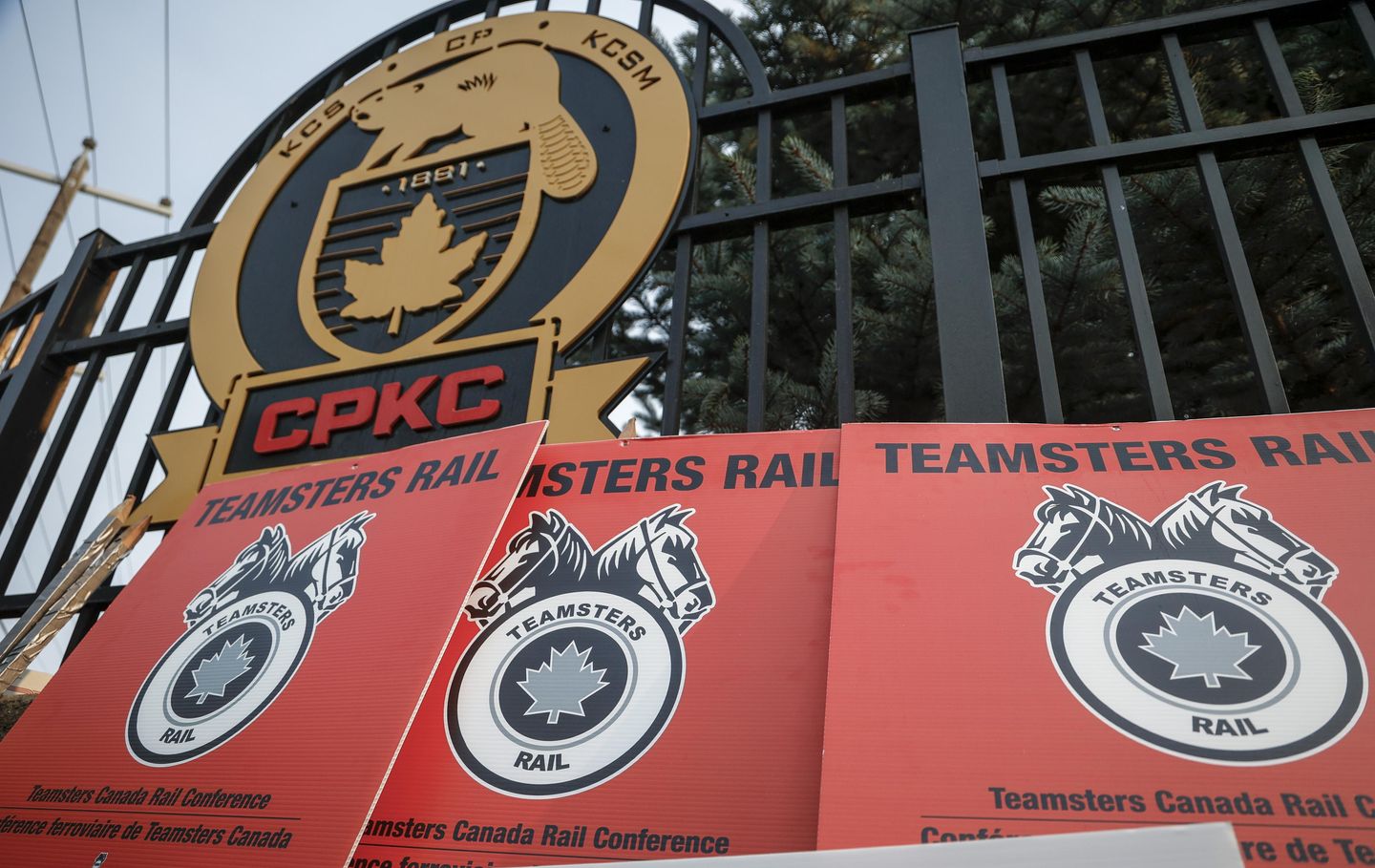The Canadian arbitrator appointed to resolve a messy railroad labor dispute to protect the North American economy has ordered employees at the country’s two major railroads back to work so both can resume operating.
The decision comes after weeks of negotiations between the railroads and their respective unions failed to reach an agreement on key issues such as wages, benefits, and working conditions. The deadlock had led to a complete halt in rail operations, causing significant disruptions to the transportation of goods and services across the country.
The arbitrator’s ruling is seen as a necessary step to prevent further damage to the economy, as the railroads play a crucial role in the transportation of goods between Canada and the United States. Many industries rely on rail transportation to move their products to market, and any prolonged disruption in service could have far-reaching consequences.
The labor dispute began when contract negotiations between the railroads and the unions representing their employees broke down. The unions were seeking higher wages, improved benefits, and better working conditions for their members, while the railroads were concerned about rising operating costs and the impact on their bottom line.
As negotiations stalled, both sides dug in their heels, leading to a stalemate that threatened to drag on indefinitely. The arbitrator was brought in to mediate the dispute and find a resolution that would be acceptable to both parties.
In his ruling, the arbitrator acknowledged the concerns of both the railroads and the unions, but ultimately sided with the railroads in ordering the employees back to work. He cited the potential harm to the economy if rail operations remained suspended and emphasized the importance of finding a swift resolution to the dispute.
The unions have expressed disappointment with the arbitrator’s decision, arguing that it fails to address their members’ legitimate concerns about wages and working conditions. They have vowed to continue fighting for a fair contract that reflects the contributions of their members to the success of the railroads.
Meanwhile, the railroads have welcomed the arbitrator’s ruling, as it allows them to resume operations and minimize the economic impact of the labor dispute. They have pledged to work with the unions to address their concerns and reach a mutually beneficial agreement that ensures the long-term viability of the railroads.
The resumption of rail operations will come as a relief to many industries that rely on rail transportation to move their goods. The disruption caused by the labor dispute had led to delays in the delivery of essential products, resulting in lost revenue and increased costs for businesses across the country.
Moving forward, both the railroads and the unions will need to work together to find common ground and reach a fair and equitable agreement that addresses the needs of all parties involved. The arbitrator’s ruling may have resolved the immediate crisis, but the underlying issues that led to the labor dispute remain unresolved and will need to be addressed in future negotiations.
In the meantime, the resumption of rail operations will help to stabilize the economy and prevent further disruptions to the transportation of goods and services. The swift action taken by the arbitrator to bring an end to the labor dispute demonstrates the importance of resolving conflicts quickly and effectively to prevent lasting damage to the economy.









